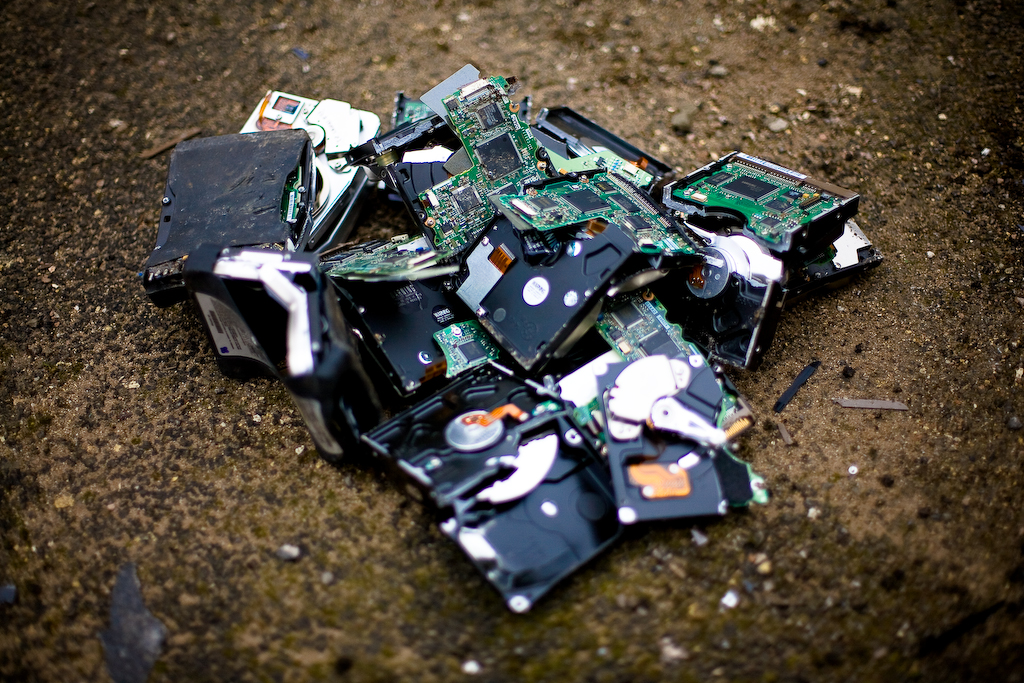On Sunday morning, Channel NewsAsia's documentary arm, CNA Insider, posted a video about hard drives and their disposal to their Facebook page.
What the video, part of a documentary series called Trash Trail, showed was quite alarming: a random selection of nine hard disk drives bought from shops at Sim Lim Square turned out to have data that could be dug out and, potentially, misused.
It showed three examples of compromising data found:
1) A person's passport scan, with full details furnished —
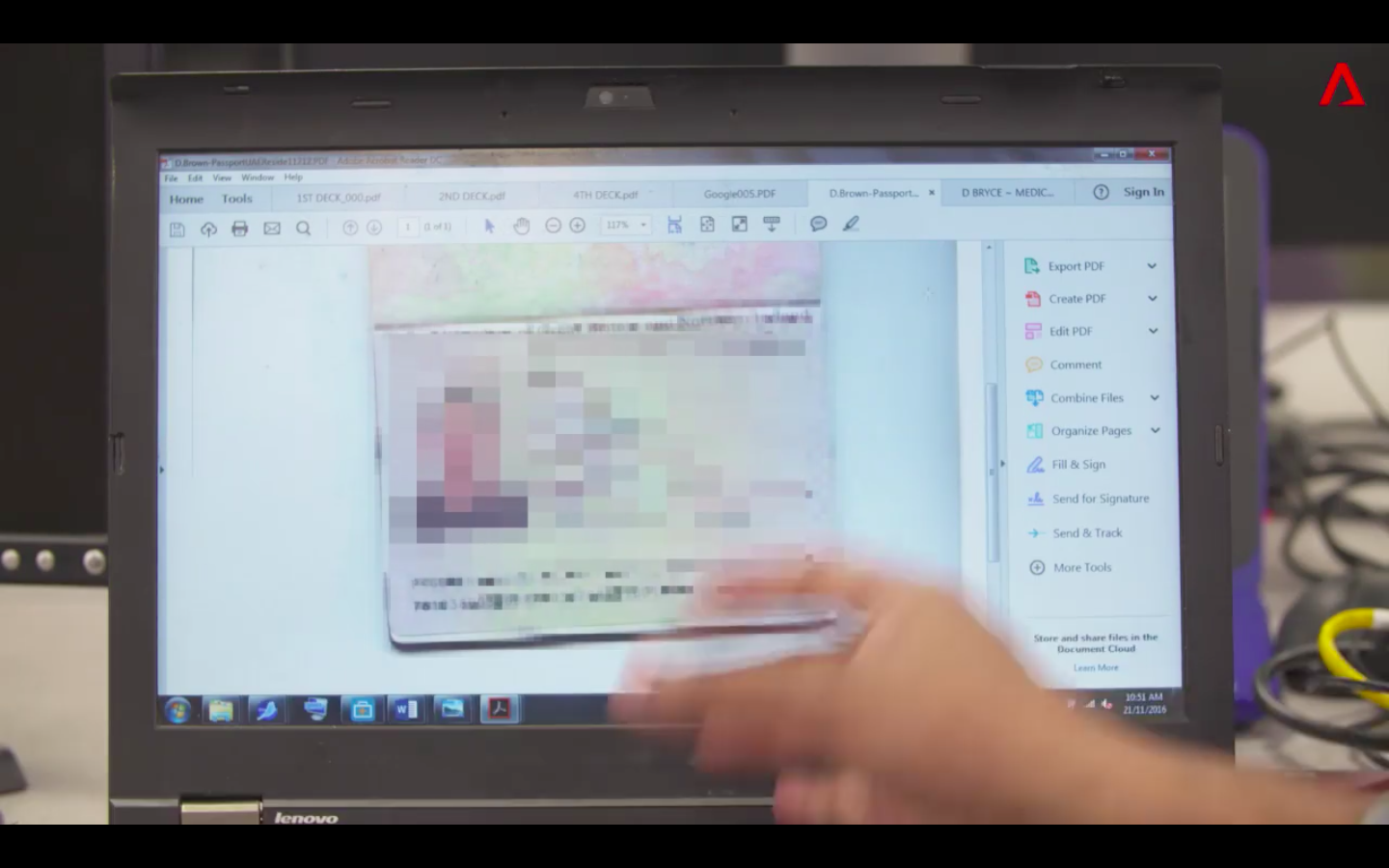 Screenshot from video
Screenshot from video
2) a person's bank and credit card details —
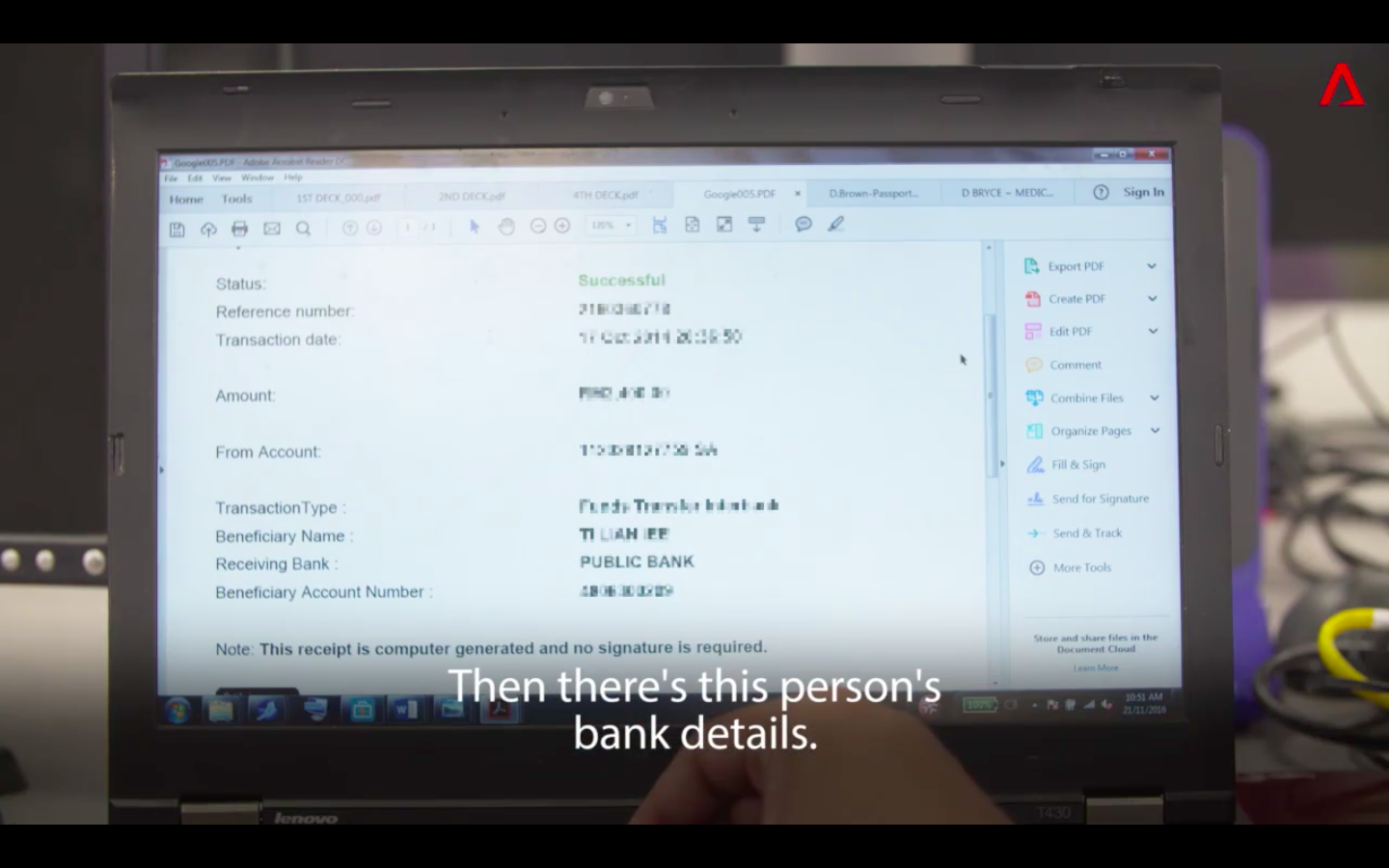 Screenshot from video
Screenshot from video
3) And blueprints for ships made and used by a company —
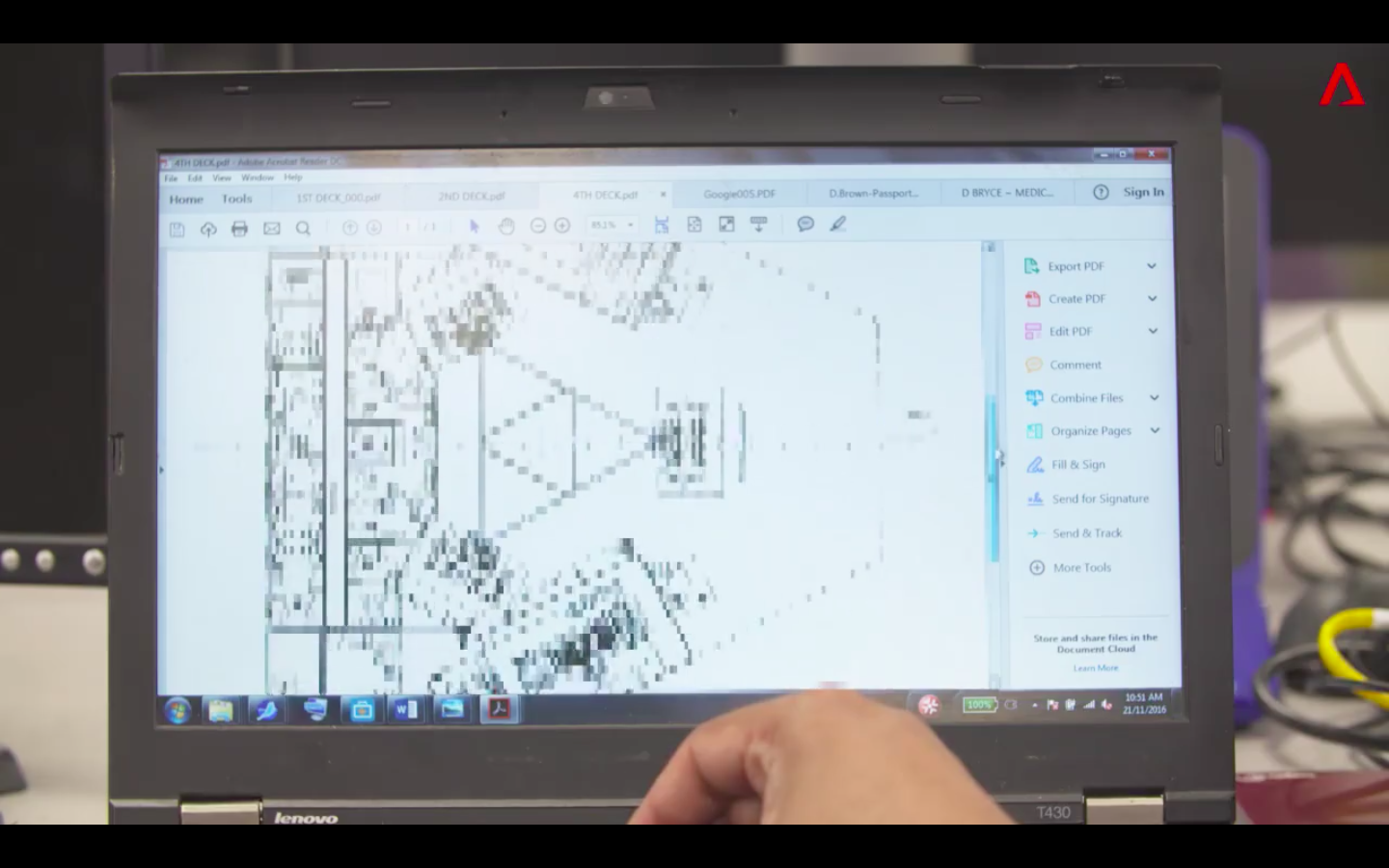 Screenshot from video
Screenshot from video
Quite crazy, right? And these were bought from shops whose staff assured CNA's producers that they had been wiped completely clean of their previous data.
Sure enough, added NUS Electrical and Computer Engineering Associate Professor Biplab Sikdar, plugging the hard disk into a computer yields a blank browser window — but the data wipes done on the hard drives that turned out to still have data in them were likened to the catalogue for a library of books that is deleted. Unfortunately, the books remain right where they were first placed.
All it took? A simple data recovery software one can buy online, through a simple Google search.
So how does one remove the data completely?
A/P Biplab suggests three ways:
1) degaussing it with a magnet;
2) physically destroying it; or
3) using software to overwrite the data on it.
The first two, regrettably, render the hard disk completely unusable, and therefore impossible for resale and re-use. If for some reason you feel that you really want to sell or dispose of your old hard disk safely, though, these comments may come in handy:
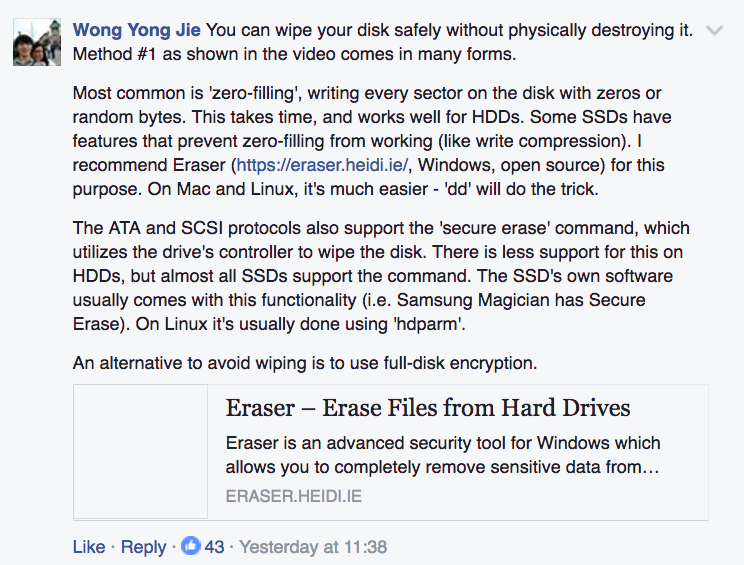 Screenshot from CNA Insider's Facebook post
Screenshot from CNA Insider's Facebook post
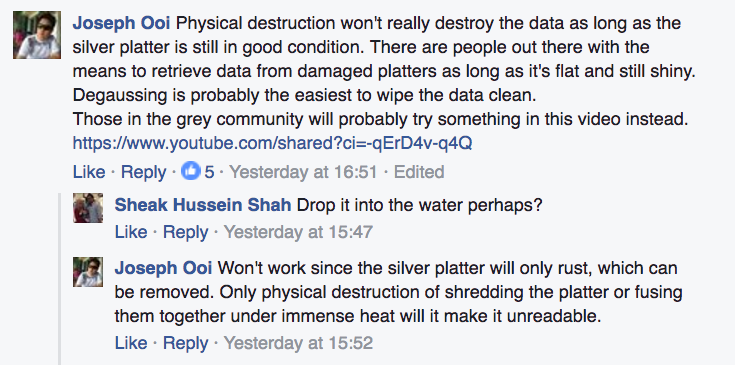 Screenshot from CNA Insider Facebook post
Screenshot from CNA Insider Facebook post
The safest thing, though, would be not to give away your used hard disks or sell them — whether they are native to your laptops or desktop computers, or external hard drives.
Either store them safely, or degauss them using magnets to render them completely unusable, and then throw them away, or send them for electronic device recycling.
You can watch the clip here.
Top photo by Flickr user purplemattfish
If you like what you read, follow us on Facebook and Twitter to get the latest updates.
If you like what you read, follow us on Facebook, Instagram, Twitter and Telegram to get the latest updates.
